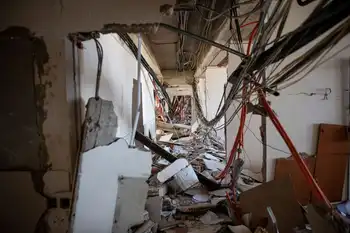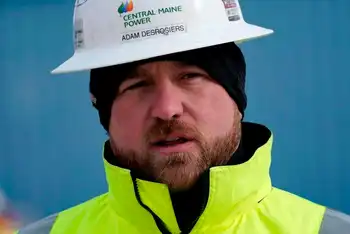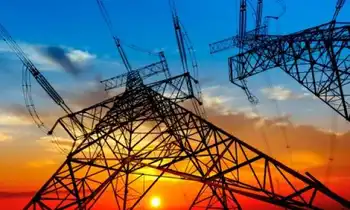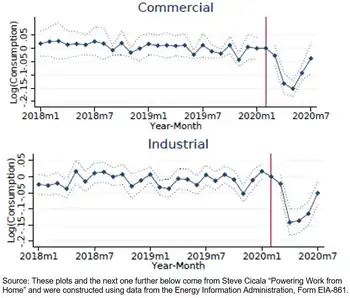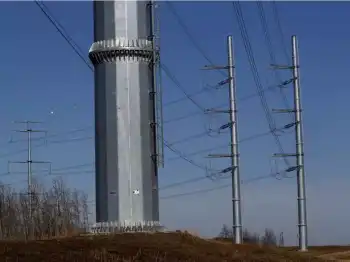Germany, France prevent breakup of energy giants
By International Herald Tribune
Protective Relay Training - Basic
Our customized live online or in‑person group training can be delivered to your staff at your location.

- Live Online
- 12 hours Instructor-led
- Group Training Available
At an EU environment ministers meeting, France and Germany successfully resisted a push for a complete sell-off of energy companies' power grids and gas pipelines to ease their grip of the supply chain. They disliked only slightly less an alternative whereby energy giants put their infrastructure under tight, independent supervision.
In a compromise, the energy ministers adopted both models, agreeing an independent review in 2010 must show which liberalizes the EU's gas and electricity markets best.
The compromise rescued a broad EU energy package designed to secure affordable supplies of energy at a time when global demand, especially for oil and gas, is driving up prices to record high levels, said Slovenian Energy Minister Andrej Vizjak, the meeting's chairman.
The aim is to make access to energy networks easier for everyone, notably companies that do not have their own power grids or pipeline networks. The measure follows 2003 legislation that enabled EU consumers to choose their own providers.
EU's electricity and gas markets — valued at about 340 billion euros (US$499 billion) — remain fragmented by national borders.
France and Germany led a small camp of nations that includes Austria, Luxembourg, Bulgaria and Slovakia in opposing the carve up of energy companies. Britain, the Netherlands, Denmark, Sweden, Finland and Spain strongly favored the other option.
Officials said they hope the bill will be adopted before the end of the year by the European Parliament.
Crucially, it contains a 'Gazprom' clause, which France and Germany had wanted out, that will let EU companies only do business with non-EU firms — such as the Russian state-owned gas giant — if the latter's home countries do not restrict access to EU energy companies.
Europe has consistently asked Russia to allow European firms wider access to the Russian market.
The EU gets a quarter of its gas from Gazprom, a level that is set to rise significantly in the years ahead. German, French and Italian gas companies have signed long-term delivery contracts with Gazprom.
EU antitrust regulators last year said Europeans pay too much to greedy energy companies that control the market and are not putting enough of their profits in making much-needed improvements to the region's energy networks.
They concluded that stripping power grids and gas pipelines was the best way to secure market liberalization.
At the meeting, German Energy Minister Michael Glos said: "The issue of ownership is extremely important in Germany.
"We do not want things determined by the European Union," he told his EU colleagues at the meeting that was partly shown on the Web.
Around half of the EU's 27 member states have already taken major steps to liberalize energy markets by allowing energy suppliers to use existing networks.
To get German and France on board, the European Commission and Slovenia drafted an alternative that lets energy companies keep their grids and pipelines provided they are managed by an "independent transmission operator" under outside supervision and with credible long-term investment plans of their own.
These companies could be fined if they did not break ties with their parent company and could not allow managers to float from one firm to the other.
The EU nations "had to compromise. No one won 100 percent," said British Energy Minister Malcolm Wicks. He hailed the compromise saying "European companies and citizens expect us to move ahead" in energy liberalization to bring the cost of energy down.





